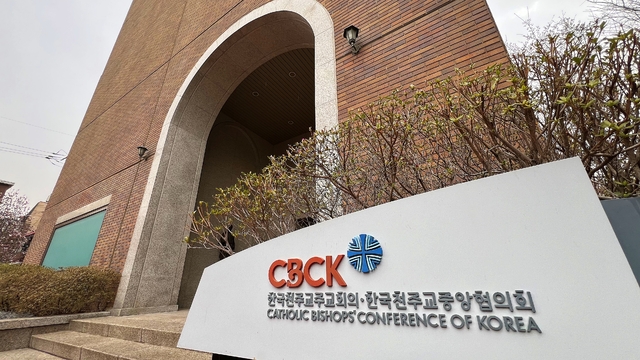Bishops’ Conference polls political partis ahead of parliamentary elections
Bishops released results from a 43-item questionnaire on main issues to help voters compare positions. The abolition of the death penalty, energy, and the Itaewon disaster are among the topics addressed.
Seoul (AsiaNews) – The Catholic Bishops' Conference of Korea (CBCK) sent a 43-item questionnaire covering the country’s top issues to political parties taking part in upcoming parliamentary elections, scheduled for 10 April.
The questions concern policies regarding employment, national reconciliation, social welfare, bioethics, environmental protection, women, justice, peace, and youth.
Some items are very specific, like the abolition of the death penalty, Japan’s controversial discharge of contaminated wastewater from Fukushima, the proposal to extend the lifespan of nuclear power plants, and the special commission of inquiry into the Itaewon crowd crush that left scores of people dead.
The survey is part of the South Korean Church’s initiative to stress the importance of citizen involvement in political life. The deadline for the survey was 28 March.
Three out of four parties agreed to participate, namely the right-wing People Power Party (PPP) of President Yoon Suk Yeol, and two opposition parties, the Democratic Party of Korea (DP), and the Green Party Korea (GPK). The Reform Party was a no show.
The CBCK’s secretariat released the results yesterday on its website. In addition, it sent them to each diocese so that they can be used to check the stance taken by candidates to South Korea’s National Assembly in each electoral district.
Asked if they agreed to abolish the death penalty, the GPK said it "strongly agreed”. The DPK is also in favour, while the PPP has taken a much more cautious position.
No executions have taken place in South Korea since 1997, but nine people are still on death row for murder.
The survey shows a wide split among the parties over energy policy, with the PPP in favour of a new nuclear power plant while the other parties are against it.
As for the issue of Fukushima wastewater disposal, the president’s party argues that it is now impossible to stop Japan from releasing the contaminated waters; instead, the PPP would enhance controls of marine areas and fish products as well as focus on monitoring the release process to ensure that it conforms to international standards.
Another bone of contentions between parties is the Yellow Envelope Bill, a piece of legislation that grants workers employed by subcontractors more protection and the right to strike. The DPK and GPK are in favour of its reintroduction.
Both opposition parties also believe in the need for a more thorough probe into the Itaewon crowd crush that took the lives of 158 people on 31 October 2022.
12/02/2016 15:14







.png)










